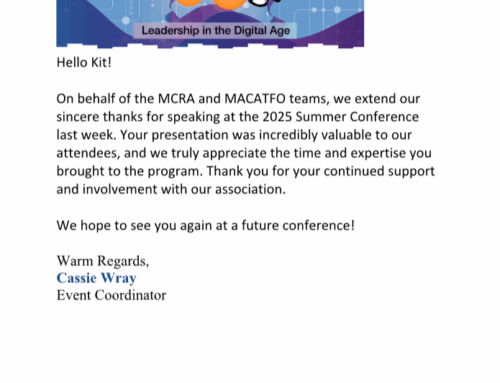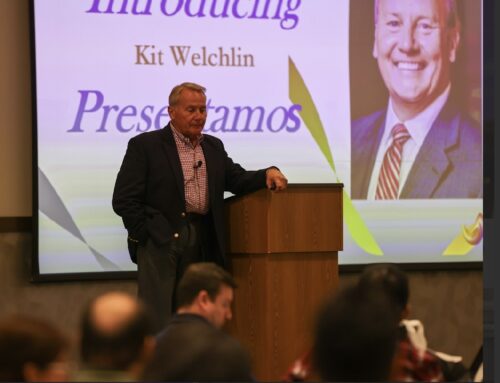Many of us are students of leadership and professional development. Since January was National Mentoring Month, it is probably a good idea to discuss it.
Mentor leadership refers to the activity when a leader or a senior member of an organization shares their wealth of experience with a junior or inexperienced member.
Mentor leadership is the creation of a personal development relationship between a leader or mentor, and a person in the organization that demonstrates leadership potential. Sometimes the recipient of the mentoring activities is referred to as a protégé, apprentice, or mentee.
Mentoring is the act of sharing relevant insight and wisdom that accelerates the mentee’s personal and professional development.
Mentoring not only helps the mentee, it also benefits the organization overall.
As a corporate keynote speaker, I share that studies show that there is a positive correlation between a positive mentoring experience and a measurable improvement in productivity, retention, commitment, satisfaction, knowledge sharing, leadership growth, and succession planning.
Given the positive impact, mentor leadership should be a strategic organizational priority.
Signs of a successful mentoring relationship include: the willingness of both mentor and mentee to ask questions, challenge ideas and suggestions, freely and openly discuss personal and professional goals, give honest feedback, and express appreciation for each other’s efforts.
There are many people that can be magnificent mentors. Mentor leadership should be part of our standard operating procedures.
As a keynote speaker on mentor leadership, I remind people that it takes time and commitment from both parties, but I think it is worth the investment. The mentor enjoys the satisfaction of watching someone grow, and the mentee gains a feeling of being valued. Not bad.
Kit Welchlin, M.A., CSP, CVP, is a nationally recognized professional motivational speaker and author and can be found at www.welchlin.com or www.SeminarsOnStress.com.




